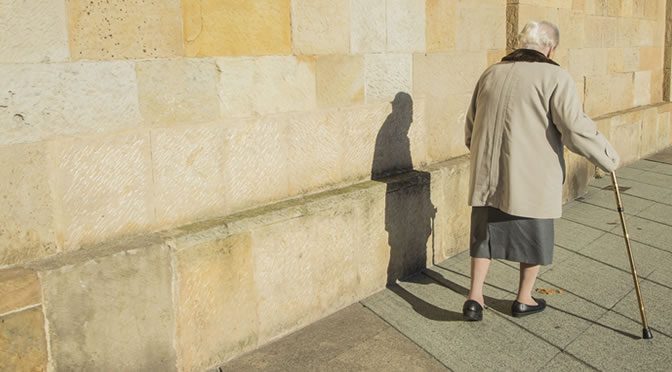Women who spent ten hours of their day in the chair and do little exercise biologically are much older, research warns.
Older women with a sedentary lifestyle who get below 40 minutes of moderate-to-vigorous physical activity a day have biologically older cells by eight years than their chronological age.
A study examined the determinants of chronic diseases in 1,500 postmenopausal women aged 64 to 95.
Besides completing questionnaires, the subjects had to wear a device to track their movement for seven days.
The results showed that those who remained sedentary for 10 hours and had less than 40 minutes of moderate-to-vigorous physical activity per day had shorter telomeres.
Telomeres are found at the end of DNA strands which protect chromosomes from deterioration.
Telomeres naturally shorten as we age but lifestyle and health factors such as smoking and obesity speed up the process.
Shorter telomeres are linked to cancer, heart disease and diabetes.
Dr Aladdin Shadyab, the study’s first author, said:
“Our study found cells age faster with a sedentary lifestyle.
Chronological age doesn’t always match biological age.
We found that women who sat longer did not have shorter telomere length if they exercised for at least 30 minutes a day, the national recommended guideline.”
The research team hints that they are the first to assess how a combination of sedentary time and lack of exercise can affect the aging process.
Dr Shadyab advised:
“Discussions about the benefits of exercise should start when we are young, and physical activity should continue to be part of our daily lives as we get older, even at 80 years old.”
The study was published in the American Journal of Epidemiology (Shadyab et al., 2017).
Old woman image from Shutterstock
